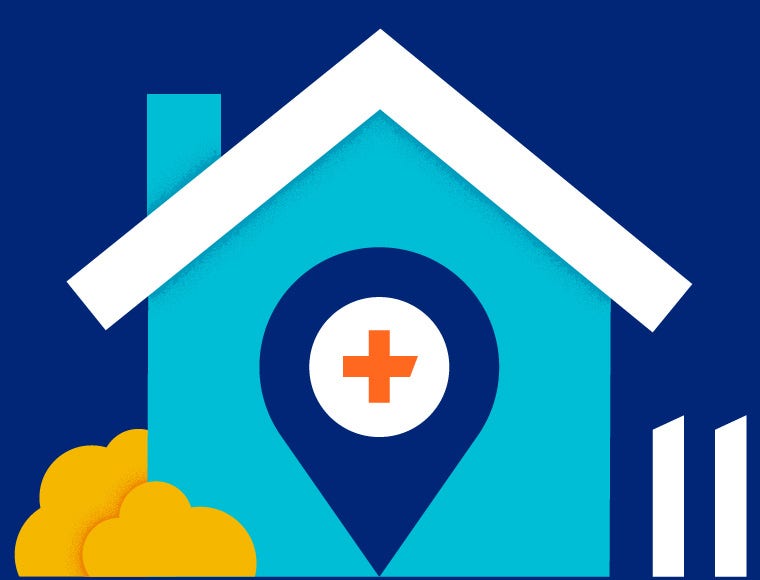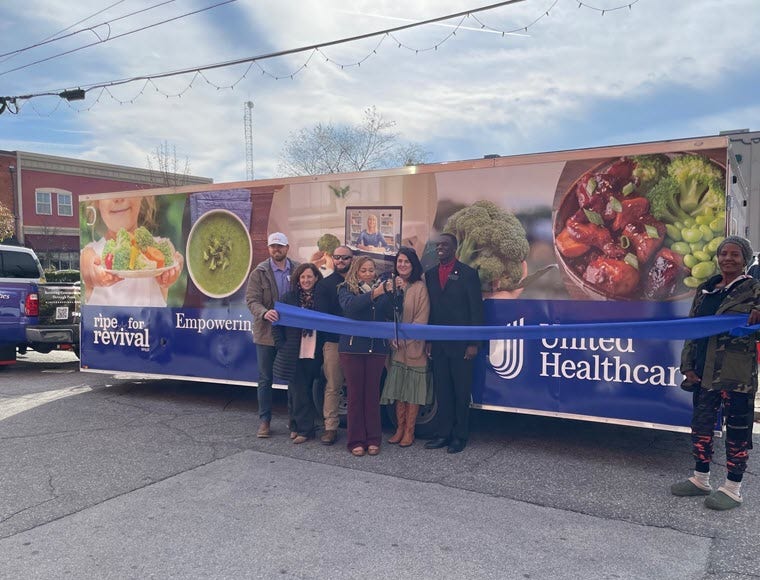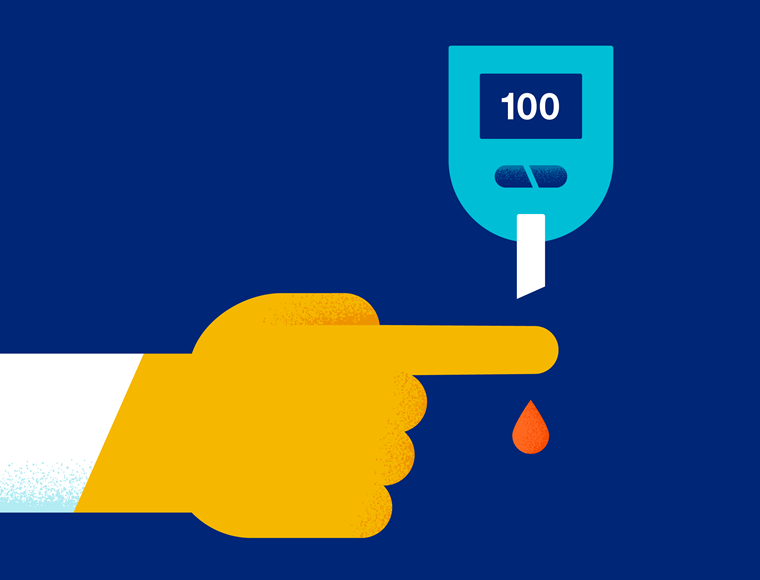The power of value-based care
Value-based care shifts the focus from volume to value—prioritizing preventive care, chronic disease management, and patient-centered services. UHC Community Plan of North Carolina’s VBC programs are built on this foundation, aligning incentives with outcomes to ensure that members receive the right care at the right time.
By fostering close collaboration with providers, the UHC helps reduce unnecessary hospitalizations, close care gaps, and enhance the overall well-being of its members as measured by tracking of cost and utilization data. These programs emphasize data-driven insights, care coordination, and proactive health management.
“UnitedHealthcare’s provider incentive program has helped us to more efficiently collect data that concretely documents the work we do, while simultaneously allowing us to pair this with our own internal metrics to show how we’re improving the health and overall well-being of our patients,” said Frankin County Health Department director Scott S. LaVigne.
Phycinity Healthcare has participated in UHC’s incentive programs for several years. “It’s a very useful program,” said chief nursing officer Tasha Sorum. “The resources that are offered by the program are used in monthly reviews at the practice to make sure patient goals are being met. It has assisted in making sure that patients are not falling through the cracks. The quarterly meetings between the UnitedHealthcare team and Phycinity are very important to make sure we are getting the newest information and going over what is needed for improvement.”
Supporting providers, empowering communities
UnitedHealthcare’s approach is rooted in partnership. Through robust support systems, including advanced analytics, care coordination tools, and dedicated clinical resources, providers are empowered to make informed decisions and deliver personalized care.
In 2025, UHC Community Plan of North Carolina is expanding its incentive program to offer new earning opportunities for providers who actively engage members in their care and drive improved health outcomes. These enhanced incentives are designed to support efforts in closing care gaps across pediatric, adult, maternal and women’s health quality measures. Our goal is clear: to create a sustainable health care system that rewards quality, supports providers and improves the lives of the people we serve.











